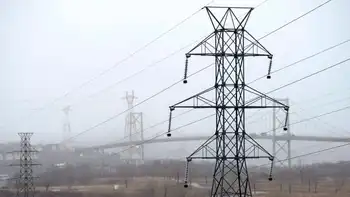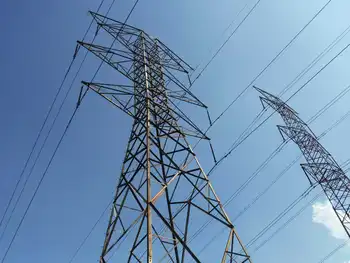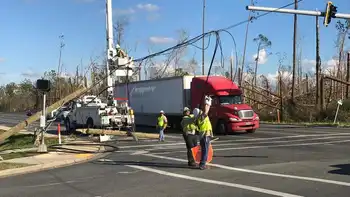EVs donÂ’t make sense in Canada
By Gwyn Morgan, former CEO of EnCana Corp.
NFPA 70b Training - Electrical Maintenance
Our customized live online or in‑person group training can be delivered to your staff at your location.

- Live Online
- 12 hours Instructor-led
- Group Training Available
That forecast must have Ontarians questioning whether buying an electric car is a good idea. But there are other questions all Canadians would be wise to ask about electric cars, and the electricity needed to power them.
Even the staggering electricity rate increases announced by Ontario would not generate nearly enough power to handle a large auto-recharge load, nor could already stretched power grids handle it. In other provinces also, costly retooling of power generation, mainline transmission and local distribution grids would be required.
Wind and solar generate less than one per cent of Canada's power supply, and most provinces have subsidies aimed at increasing that portion. The most spectacular example of the skyrocketing cost of subsidies can be seen in Ontario, where the Liberal government forces consumers to pay 16 times as much for solar power, and three times more for wind, as the current average electricity rate.
Ontario's 20-year power plan calls for $23 billion in subsidies to the wind and solar industry, which supposedly would allow coal-fired power to be phased out. But its own numbers show that with wind and solar capacity available less than 30 per cent of the time, these costly projects still won't bring about the end of coal.
Meanwhile, electricity consumers will be hit with price increases of 46 per cent over the next five years, making Ontario industry uncompetitive with almost all provinces and American states.
Are electric cars really "green?" That depends on how the electricity is generated.
Water generates most of the electricity in Newfoundland and Labrador, Quebec, Manitoba and British Columbia, while Alberta and Saskatchewan generate nearly all power from coal and natural gas. Over all, about 75 per cent of Canada's electricity comes from water and nuclear power, and 25 per cent from fossil fuels.
When measured by fossil-fuel emissions, use of electric cars in Canada can generally be considered green.
Besides their high price tag, limited range and the inconvenience of long charging cycles, there's another factor Canadians need to consider before buying an electric car: our northern climate. Anyone who has had trouble starting a car in cold weather knows that battery performance plummets with temperature. In our dark, cold winters, we also need battery power to heat the car and run headlights. The combined result is a much shorter driving range than they'll be touting in the electric-car showroom.
The green-car race is imploding as beleaguered citizens, struggling to deal with tough economies, see their electricity rates soar and expensive wind and solar power missing in action when most needed. Other jurisdictions are rapidly changing direction, but Ontario keeps whistling merrily in the wind, bound for uncompetitive green oblivion.
Recently, U.S. Energy Secretary Steven Chu said the development of an electric-car battery to be competitive with the internal combustion engine might be five years away.











